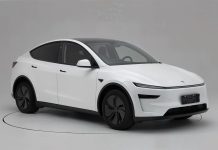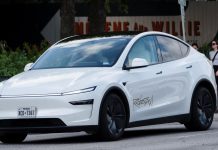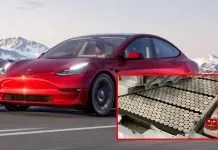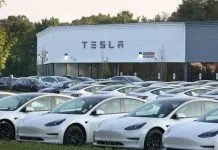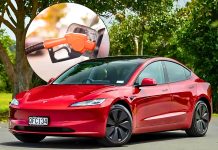The one question, which has been expressed over the years by potential buyers of electric vehicles, is: How long will the battery last? It’s an understandable worry. We are all used to smartphones or laptops whose batteries have a visible decline within a few years. Thinking of a car costing $40,000 or $50,000, it is a sickening idea of its most expensive part deteriorating faster than you thought.
However, recent studies reveal that the fears are not as real. Newer data published by Recurrent, a start-up that monitors battery health in thousands of electric cars, shows that modern EV batteries virtually never fail. As a matter of fact, the evidence indicates that EV batteries are much stronger and resilient than most consumers believe to be the case, and that design advances over the past ten years have virtually eradicated age-related failures.
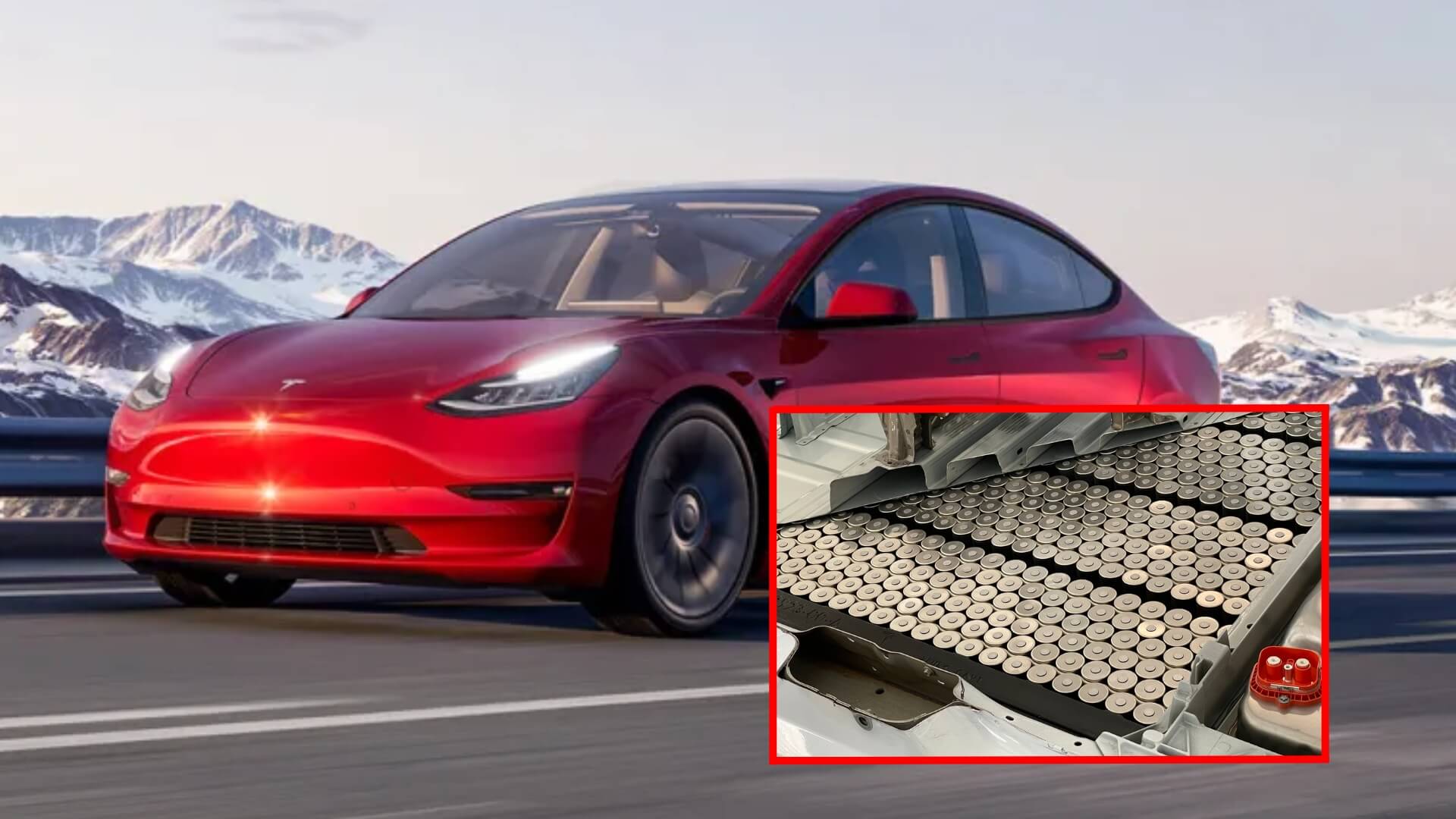
Only a Fraction of Modern Batteries Should Be Replaced
Recent discoveries by Recurrent show that of all the EVs sold in 2022 or later, only 0.3% have been reported to have their batteries replaced, without large-scale recalls. That implies that replacement is extremely unlikely. Even in the entire community of EV owners served by Recurrent, with over ten years of vehicles, less than 4% ever required a new battery because of defects, degradation, or damage.
Liz Najman, the market insights director at Recurrent, believes that anxious buyers must be at ease with the figures. Very seldom, you will have to replace a battery, she explains. Although some abnormal defects may occur, as in any mechanical system, when an EV is off the road, and operating normally, long-term failure is no longer a significant issue. A study reveals that 8 of 10 used EVs retain over 90% of their original battery health.
The Reason Why Early EVs Failed More Often
The same thing cannot be said about older EVs. The battery replacement rate of models sold between 2011 and 2016 was 8.5% mainly due to the manufacturers still learning how to make durable packs. First-generation Nissan Leaf cars had no features that we regard as necessities in the frame, such as active thermal management systems. Those early batteries were more susceptible to heat and permanent degradation without sophisticated cooling.
Automakers had made advances to the next generation, and EVs were sold between 2017 and 2021. Replacement rates dropped to only 2, once more without recalls. The key role was played by better pack architecture, better cell chemistries, and smarter cooling systems.
Modern-Day EVs Are Built to Last
The current electric cars enjoy the latest battery technology. Better cooling systems, smarter energy management software, and features such as automatic preconditioning before fast charging have significantly minimized the stress to the battery. Rather than riding too many miles or riding in unfriendly temperatures, the modern EV batteries are charged within their optimal operating range much more regularly.
Najman says that almost every replacement of battery replacement in a contemporary EV is an infrequent manufacturing error, rather than the loss of capacity through mileage. That goes directly to the concern many buyers may have, which is that, several years into commuting, the car will randomly become unable to travel as far. In the case of the vast majority of modern EVs, such a scenario is highly unlikely.


